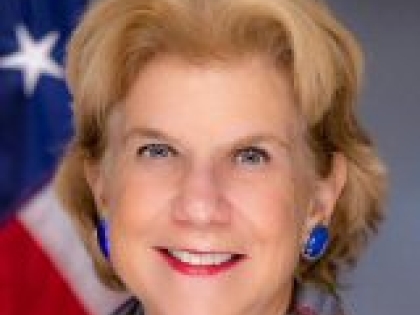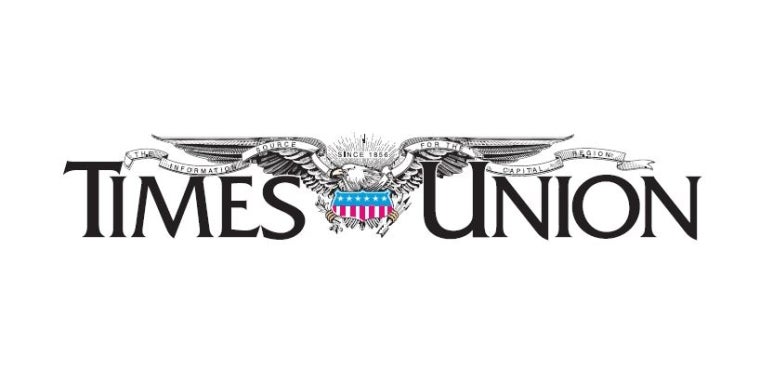
Commentary: Plan to teach financial literacy is a good one, but schools will need support

The state Education Department must ensure every district is prepared to provide high-quality instruction to all New York students.
For young people reaching adulthood and striving for independence in an increasingly complex world, a basic financial understanding is a necessity. As Attorney General Letitia James has said, financial literacy is “a key pathway to economic justice and equity, especially for vulnerable communities.”
However, the Nation’s Report Card on Financial Literacy awarded New York a “D” in financial literacy instruction.
That’s why state Education Commissioner Betty Rosa and the Board of Regents deserve credit for their plan to mandate instruction in financial literacy for New York students. Under the plan, beginning in the 2026-2027 school year, public schools will be required to offer this instruction to students of all ages.
While we await further details about the instructional requirement, we urge the state Education Department to ensure districts are prepared to meet this requirement and provide high-quality instruction in financial literacy to every student in the state.
Across the country, state policymakers are acting to ensure that their students are prepared to enter the financial world. In fact, we know from the most recent Survey of the States published by the Council on Economic Education that public officials in 20 states require high school students to take a standalone course on personal finance, with many recently adopting the requirement.
Hopefully, New York will soon join the ranks of these states with a robust instructional mandate. We simply do not understand why students in Mississippi should know more about this critical subject than our New York graduates, who live in the financial capital of the world.
We worry that without significant support, including detailed requirements for schools to meet, some of our students will be left behind. Under New York’s current social studies framework for grades 9 to 12, high school seniors are supposed to learn about "individual responsibility and the economy,” including learning money management techniques, and about credit, debt, interest and other financial articles they are likely to encounter in their lives. But we hear from the field that schools are not uniformly fulfilling these requirements and that many students graduate from high school without the skills and competencies needed to navigate their financial lives.
We must learn from the current landscape to ensure that all students receive a good grounding in personal finance. To take just two examples: Every student must learn that car insurance is legally required in New York and must understand what “no-fault benefits” means. Similarly, every graduate should know the importance of maintaining a good credit score.
We hope the state Education Department will provide detailed requirements about what financial literacy education must cover, offer robust materials to aid districts in implementing the new requirement –– including developing a model curriculum that districts would be free to use if they wish –– and work closely with districts to ensure that every student in New York receives high-quality financial literacy education. Equity and common sense demand no less.


